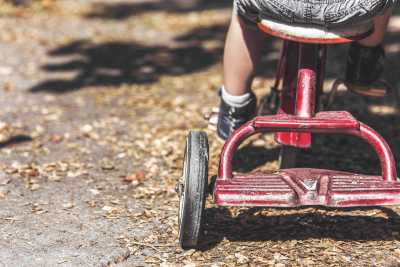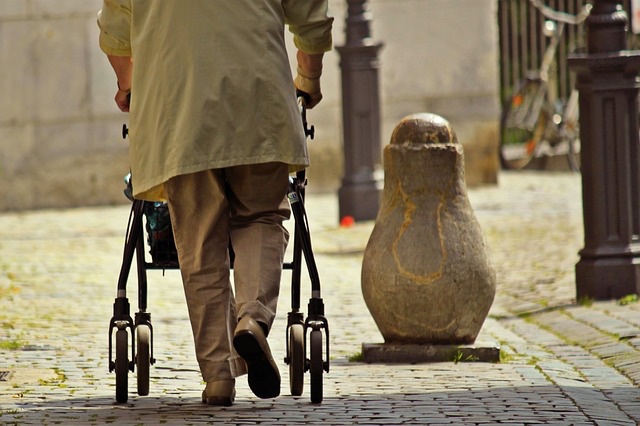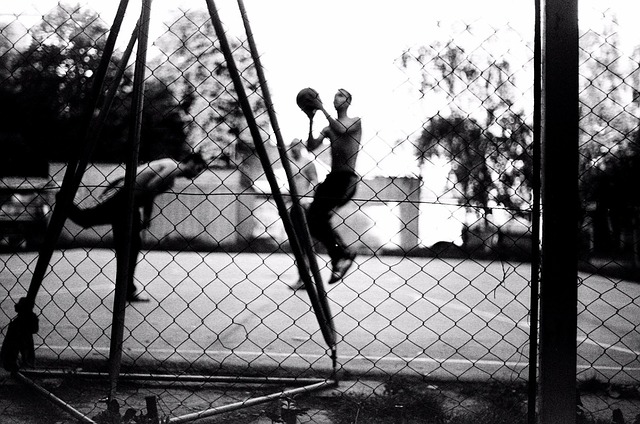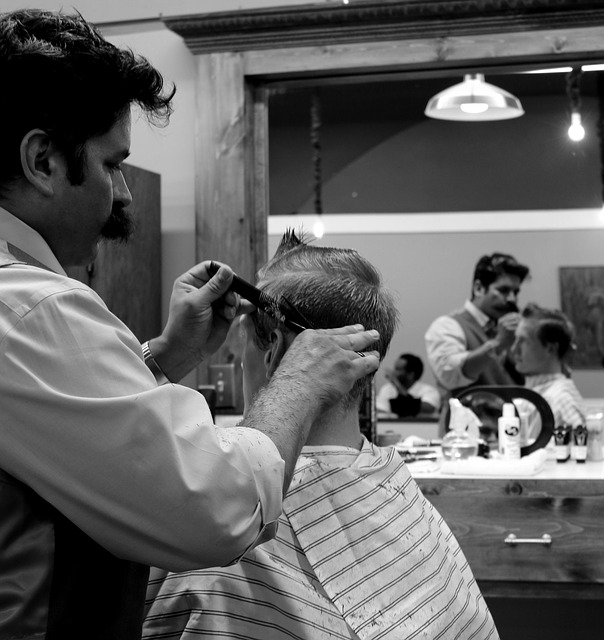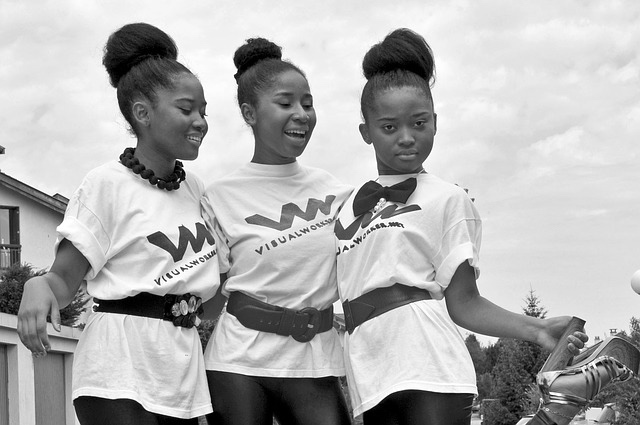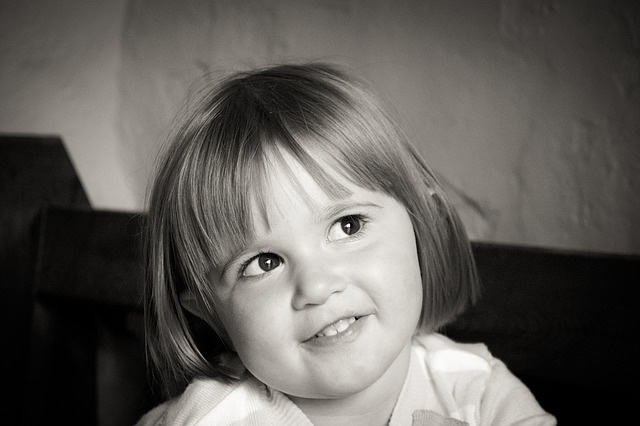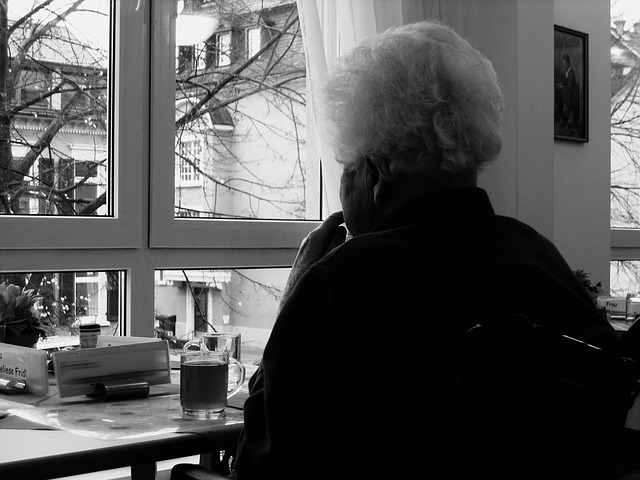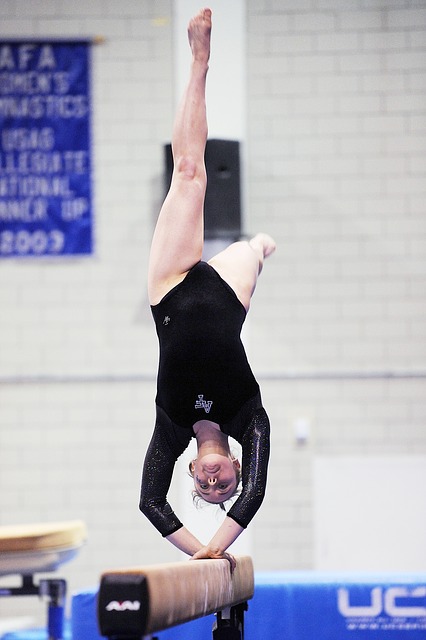The Poise Project Statement on Systemic Racism and Generational Poverty
We are an Alexander technique focused nonprofit regionally centered in the Southeast, and specifically in the Appalachian region of North Carolina and Tennessee, and on the ancestral land of the Anikituwagi, more commonly known as the Cherokee, the native people and original stewards of this land. We are acutely aware of the historical damage that slavery, systemic racism, exploitation and attempts at forced assimilation of indigenous peoples, and the large scale neglect of human rights, health problems, and social needs that generational poverty have caused, and continue to cause, to people in our communities. We are committed to adapting the AT principles in ways that will make them accessible across broad socioeconomic groups, to be of service to any and all in our local communities who have been traumatized by systemic racism and generational poverty, and to support those who are currently engaged in local protest and activism. We are committed to deeply examining and addressing any and all cultural assumptions about white body supremacy that are consciously, or unconsciously, embedded in our profession’s development, practice, and training. We actively seek guidance in how to do this with continued input from members of our richly diverse Southeastern community and by joining our efforts in this historic movement: a Third Reconstruction for deep social change in our region and in our country.

